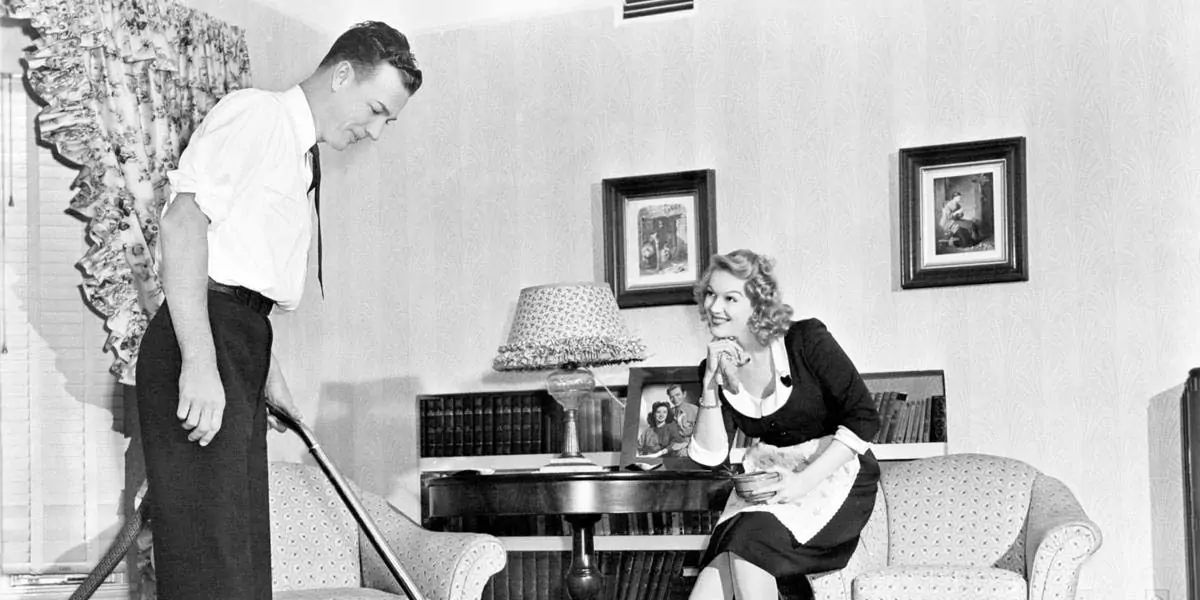| in Did You Know Facts
The jury is still out on whether those who believe in conspiracy theories may be persuaded to change their beliefs.

According to a 2010 study, it's nearly impossible to persuade someone to change their mind after they believe in a conspiracy theory. Test subjects were given corrections after reading deceptive claims as part of the study. Reading the corrections was not only worthless, but it actually enhanced their conviction in the deceptive assertions, especially if they had already accepted them firmly. In his 1956 book When Prophecy Fails, Psychologist Leon Festinger described a kind of predecessor to the so-called "backfire effect," which tracked the beliefs of a UFO cult when the mothership failed to appear on the projected date. Instead of admitting their error, members made further forecasts, certain that one of
























